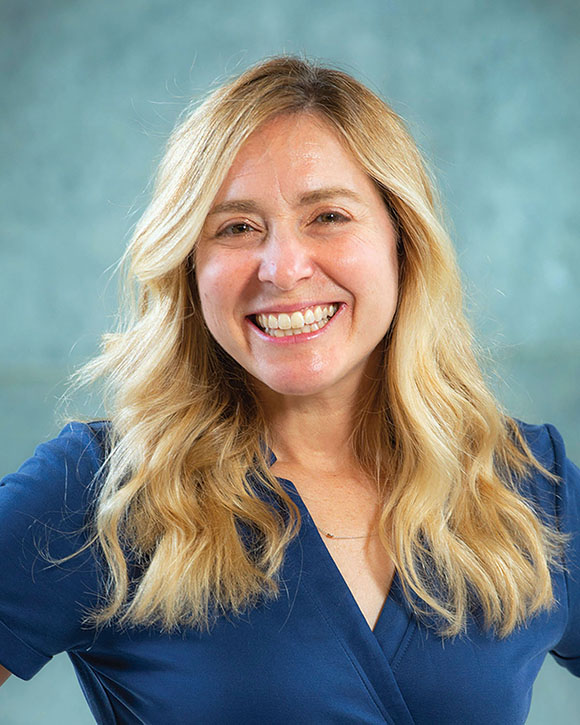The ever-crucial need for free speech is at an all-time high.

“What the f*** is free speech anyway?”
Dr. Elizabeth Mason’s introduction to her CORE capstone course is concise and attention-grabbing. The entire class is engaged in the prospect of free speech and finally feeling “at liberty” to speak, which is relatively new, unfortunately.
“I see students censoring themselves with silence a lot,” says Mason, “and it troubles me.”
A passion project of Mason’s, this course was born out of an upbringing that fostered a love for the First Amendment. As a child, for instance, when she would come home from school upset over something a peer said to her, her father would tell her to simply say the opposite, and “say it louder.”
Representing a few notable clients, Mason’s father, H. Louis Sirkin, is a renowned free-speech lawyer to this day, who once defended the hip hop group N.W.A., the Contemporary Arts Center for an “obscene” art display, and Larry and Jimmy Flynt (publishers of “Hustler” magazine and adult entertainment stores). He was even hired by the Beastie Boys on retainer at one point. Now at 83 years old, Sirkin continues to work full-time, though his career wasn’t nearly devoid of criticism.
Mason remembers her father being dubbed the embodiment of “the moral sewers” of Cincinnati in the “Enquirer” when she was young. He believed, however, that he was doing something right if he was receiving hate mail.
“I wish everyone knew how soft-spoken my dad generally is and how kind,” notes Mason. Despite the disapproval, Sirkin continues to fight for the underdog and stand up for freedom, which Mason herself reflects—like father, like daughter.
After Art Spiegelman’s graphic novel “Maus” was banned by a Tennessee school board in early 2022, Mason knew how significant and necessary her class would become.
“I’m troubled by the way that, instead of confronting things that are hard to confront because they make us uncomfortable,” she says, “we choose to silence it, which may not be as productive as we think it is.”
While she emphasizes the importance of safe spaces and showing respect, Mason makes it clear that free speech can create a space that facilitates growth, diversified opinion, and freedom, even if it is hard for us to hear sometimes. In this way, Mason’s capstone opens the door for profound intellectual stretching.
Even beyond the educational value of free speech, it has become critical to promote the ethic in day-to-day life, since technology makes actual conversation so minimal. With dialogue only occurring within the anonymity of social media, verbal speech as a whole is quickly becoming an outdated mode of communication. It is only by reopening that interaction—that ability to challenge one another face-to-face again—that we can begin to grow as a people and a society.
“We aren’t great at talking with each other in person anymore,” Mason observes. “It’s vital. It can be scary, but it can be thrilling and it can change the world. You don’t have to be big to be heard. Look at me! I’m 4’11”.”
Coming from a line of liberty-defenders, Mason honors her father by protecting that space necessary for critical thought, self-expression, and academic expansion. The future is bright for Mason’s students, who have a refined faith in the need for freedom. While she plans to make some changes to the capstone, it isn’t disappearing anytime soon.
“This course has an unstoppable momentum behind it,” Mason says. With new free speech issues arising every day, there is plenty for the class to cover.
As her students leave the classroom, there is a sense of renewed energy in standing up for what’s right—in being free.

